Why Joe Biden is releasing 50m barrels of oil
White House moves to lower prices at the pump and combat rising inflation
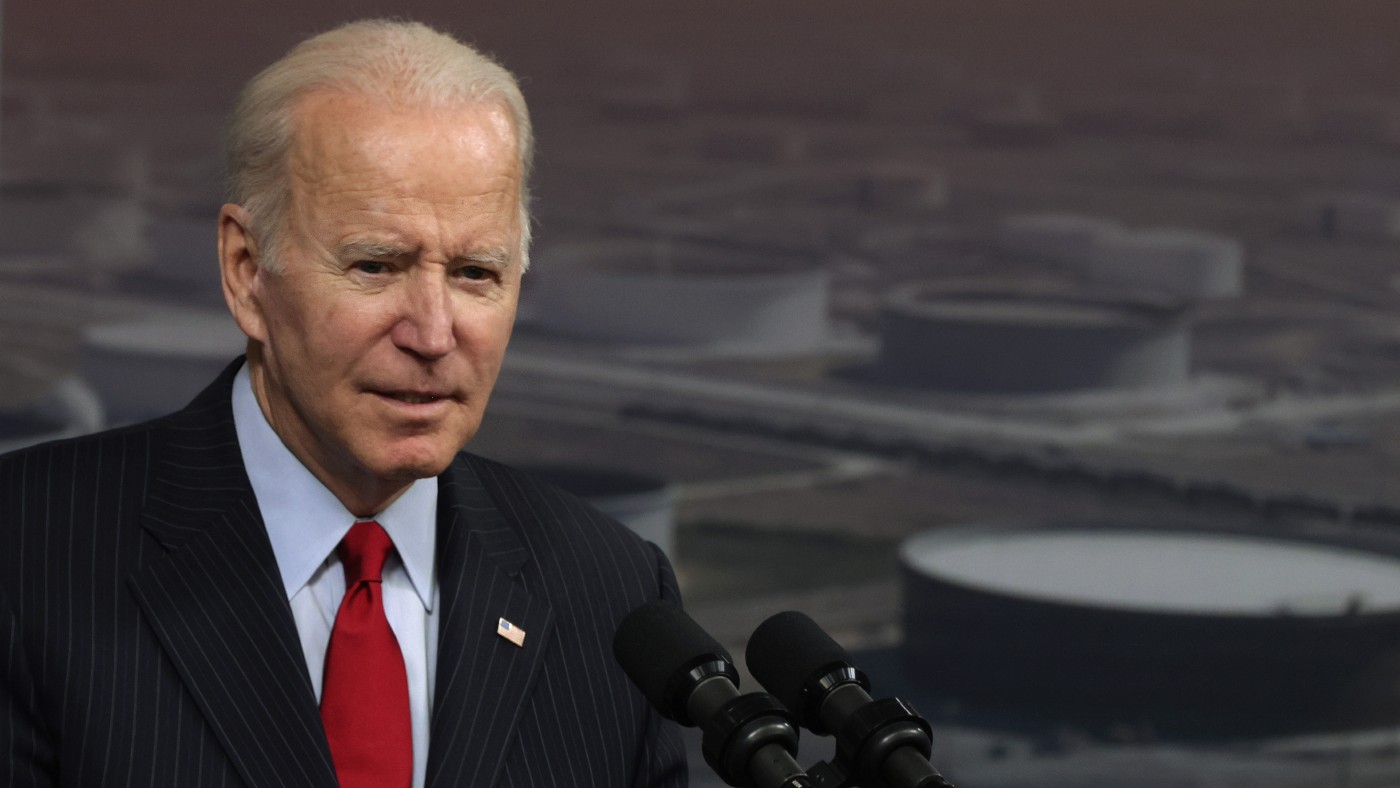
A free daily email with the biggest news stories of the day – and the best features from TheWeek.com
You are now subscribed
Your newsletter sign-up was successful
In a move to combat high petrol prices and rising inflation, the White House has announced that the US Department of Energy will release 50m barrels of oil from the Strategic Petroleum Reserve.
When delivering a speech on the US economy in Washington D.C. yesterday, Joe Biden said that the action has been taken to help “lower the cost of gas and oil for American families”.
In a series of tweets, the US president added that he has been working with countries across the world to “address the lack of supply” and as a result of diplomatic efforts “this step will be taken in parallel with other major energy-consuming nations”, including China, India, Japan, Republic of Korea and the UK.
The Week
Escape your echo chamber. Get the facts behind the news, plus analysis from multiple perspectives.

Sign up for The Week's Free Newsletters
From our morning news briefing to a weekly Good News Newsletter, get the best of The Week delivered directly to your inbox.
From our morning news briefing to a weekly Good News Newsletter, get the best of The Week delivered directly to your inbox.
The release of 50m barrels of oil is the largest from the reserve in US history. However, the administration’s actions “will not solve the problem of high gas prices overnight”, Biden warned. “It will take time, but before long, you should see the price of gas drop where you fill up your tank. And in the longer term, we will reduce our reliance on oil as we shift to clean energy.”
The Strategic Petroleum Reserve is an “emergency stockpile to preserve access to oil in case of natural disasters, national security issues and other events”, The Guardian reported. Former president Donald Trump claimed credit for filling the reserve and opposed Biden’s move. He said the reserves are “meant to be used for serious emergencies, like war, and nothing else”.
‘Biggest inflation spike’
The move comes as the White House faces “mounting pressure to lower skyrocketing prices at the pump”, CNN said. According to data from the American Automobile Association, US gasoline prices are averaging about $3.40 a gallon, more than double their price a year ago. The high prices have contributed to the “biggest inflation spike in decades” and caused “frustration and anger among Americans”.
A free daily email with the biggest news stories of the day – and the best features from TheWeek.com
Last Friday there were 604.5m barrels of oil in the Strategic Petroleum Reserve, according to the Department of Energy. And while the release is aimed at addressing the lack of oil supply around the world, its actual effect “may be limited”, CNN added.
The oil barrels that are part of the announcement are not expected to hit the market until “mid to late December, depending on market take-up”, a senior administration official said.
Paying the price
Biden has “scrambled” to reshape much of his economic agenda around the issue of inflation, The Guardian reported. The president recently passed a $1.2tn infrastructure package that will “reduce price pressures by making it more efficient and cheaper to transport goods”.
Jennifer Granholm, the US secretary of energy, said that after coming out of an “unprecedented global economic shutdown” due to the Covid-19 pandemic, “oil supply has not kept up with demand, forcing working families and businesses to pay the price”. She added: “This action underscores the president’s commitment to using the tools available to bring down costs for working families and to continue our economic recovery.”
However, Mitch McConnell, the Senate Republican leader, “tore into the White House” last week, saying the victims of higher prices were middle-class Americans, The Guardian added.
“The three biggest drivers of the staggering 6.2% inflation rate we logged last month were housing, transportation and food,” he said. “Those aren’t luxuries, they’re essentials, and they take up a much bigger share of families’ budgets from the middle class on down.”
-
 The 8 best TV shows of the 1960s
The 8 best TV shows of the 1960sThe standout shows of this decade take viewers from outer space to the Wild West
-
 Microdramas are booming
Microdramas are boomingUnder the radar Scroll to watch a whole movie
-
 The Olympic timekeepers keeping the Games on track
The Olympic timekeepers keeping the Games on trackUnder the Radar Swiss watchmaking giant Omega has been at the finish line of every Olympic Games for nearly 100 years
-
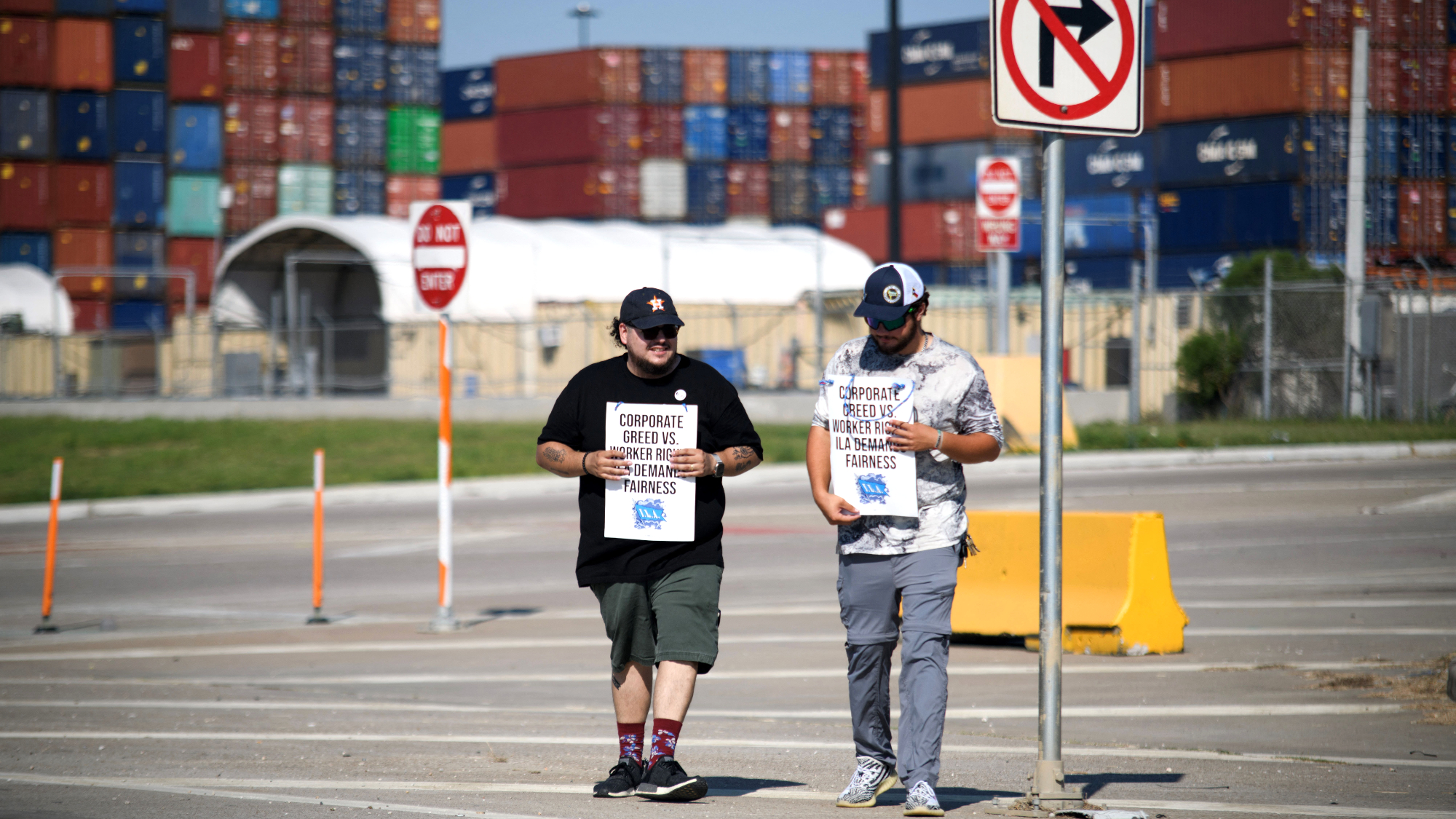 Ports reopen after dockworkers halt strike
Ports reopen after dockworkers halt strikeSpeed Read The 36 ports that closed this week, from Maine to Texas, will start reopening today
-
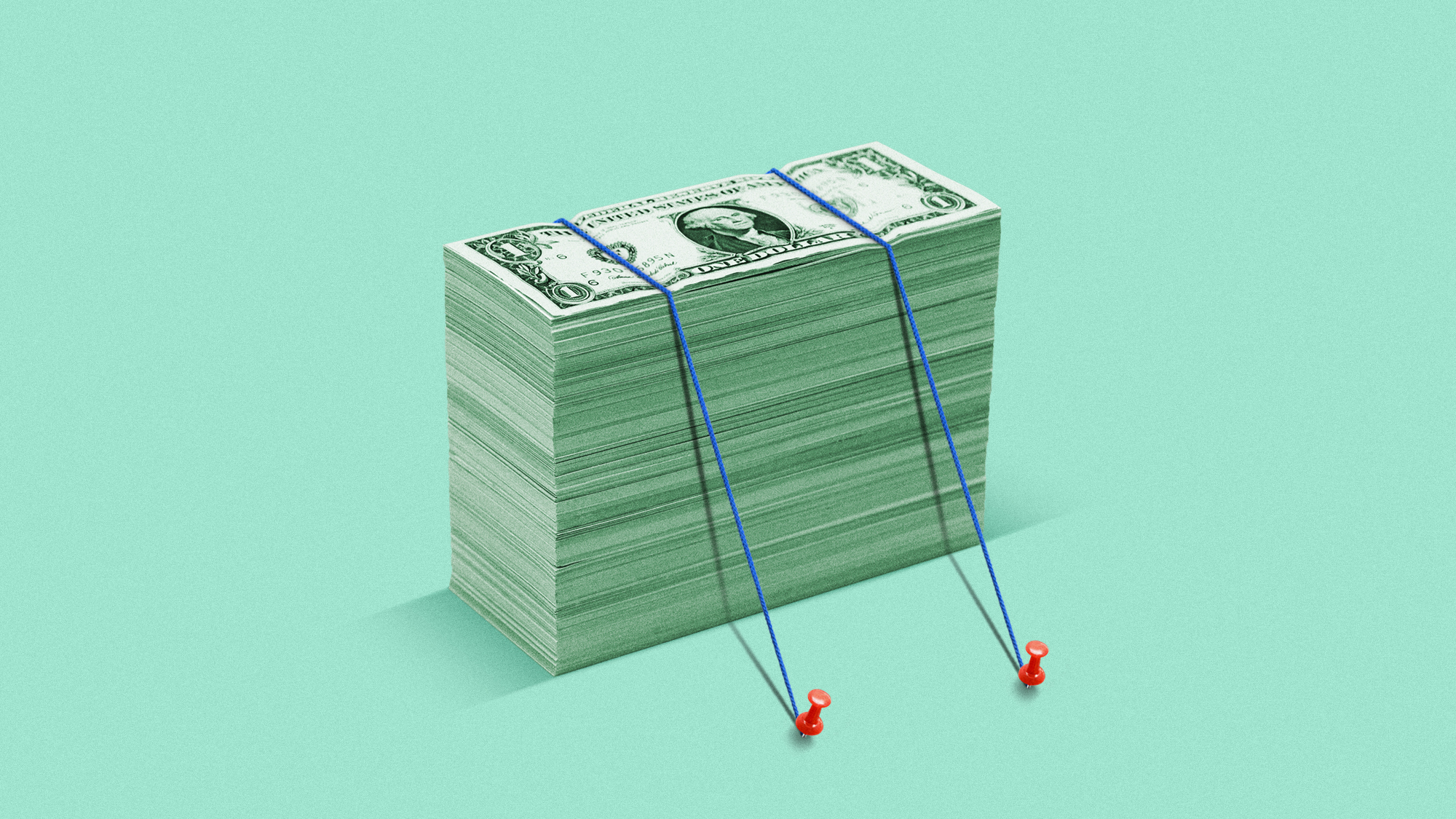 Would Trump's tariff proposals lift the US economy or break it?
Would Trump's tariff proposals lift the US economy or break it?Talking Points Economists say fees would raise prices for American families
-
 Will college Gaza protests tip the US election?
Will college Gaza protests tip the US election?Talking Points Gaza protests on U.S. campuses pose problems for Biden like the ones that hurt Lyndon B. Johnson in the '60s
-
 Can Trump get a fair trial?
Can Trump get a fair trial?Talking Points Donald Trump says he can't get a fair trial in heavily Democratic Manhattan as his hush money case starts
-
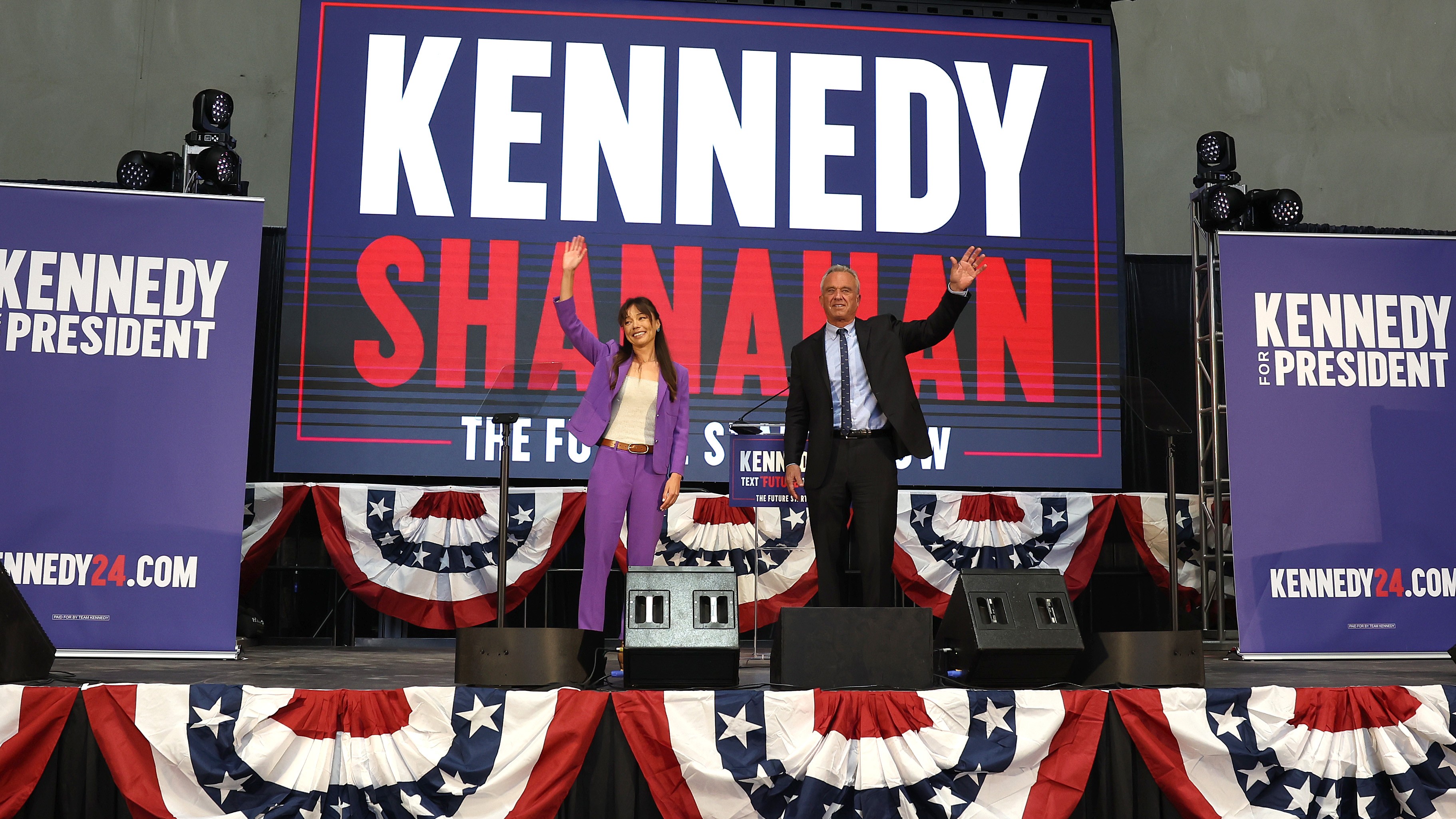 What RFK Jr.'s running mate pick says about his candidacy
What RFK Jr.'s running mate pick says about his candidacyTalking Points Robert F. Kennedy Jr.'s' running mate brings money and pro-abortion-rights cred to his longshot presidential bid
-
 Housing costs: the root of US economic malaise?
Housing costs: the root of US economic malaise?speed read Many voters are troubled by the housing affordability crisis
-
 Did the Biden impeachment inquiry just collapse?
Did the Biden impeachment inquiry just collapse?Talking Points Key GOP impeachment inquiry witness Alexander Smirnov says Russian intelligence fed him lies
-
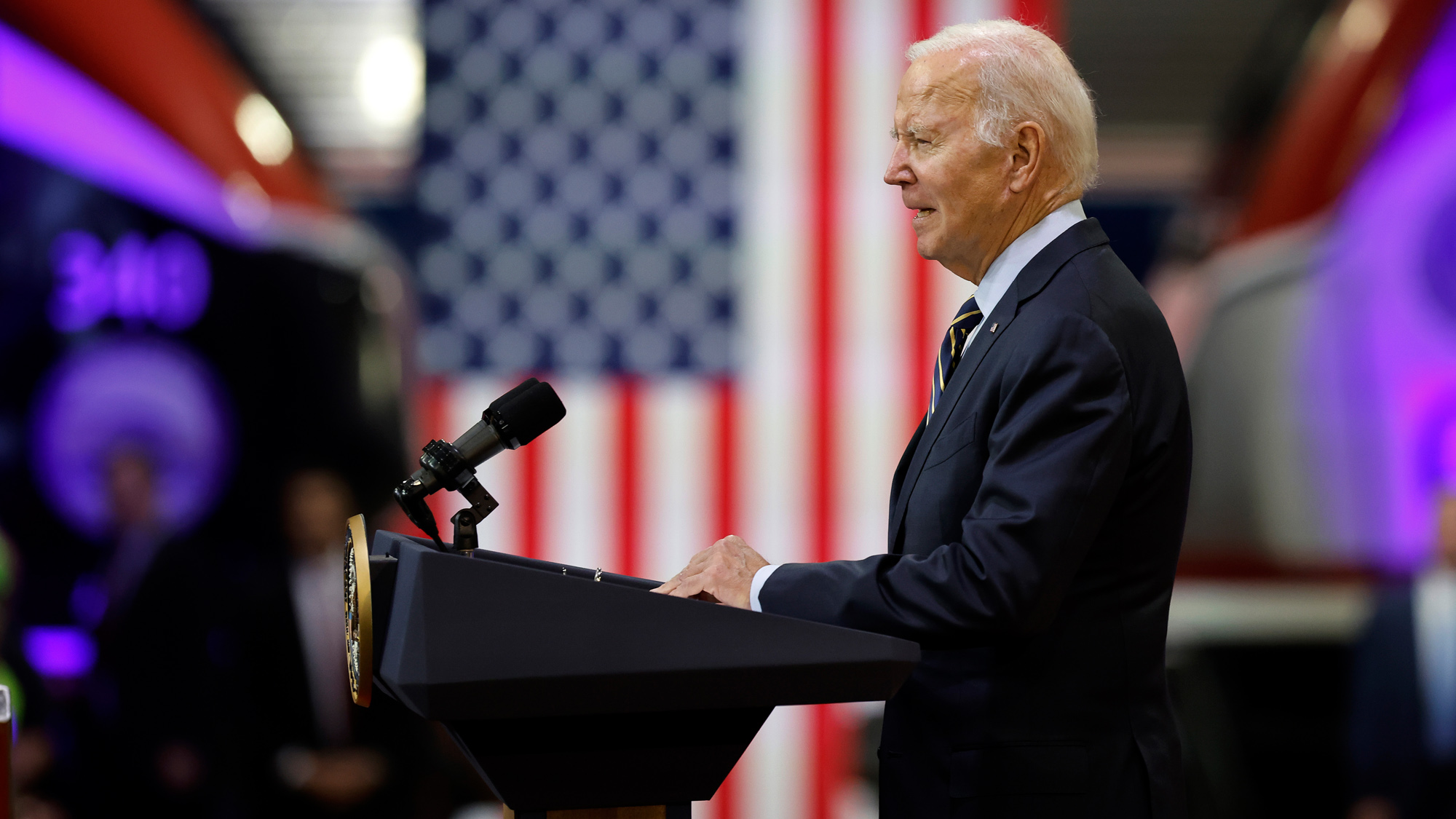 Bidenomics: A roaring economy still filled with unease
Bidenomics: A roaring economy still filled with uneaseFeature Americans are doing better financially but still lack confidence in the economy